In the early hours of January 5th, in the third round of the Spanish King's Cup, Sevilla suffered a crushing 1:4 defeat at the hands of Almeria, the top team in the second division. This once six-time Europa League champion, a powerhouse in La Liga, was utterly defeated by a lower-tier team, ending their cup campaign prematurely. This upset loss reflects both the relentless rise of Almeria and the internal turmoil that Sevilla has faced in recent years.
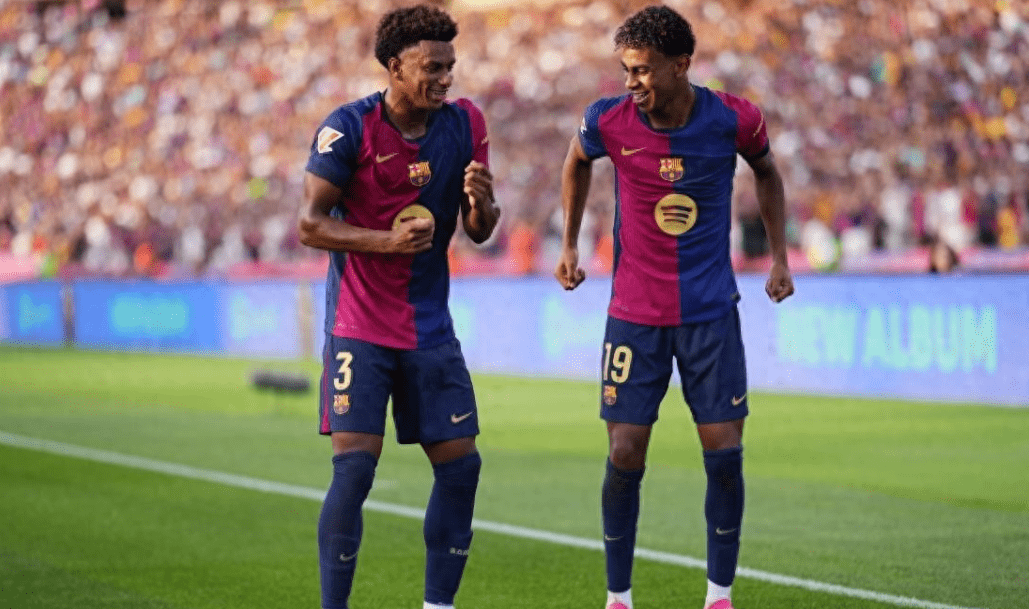
Almeria is undoubtedly the dark horse of this season's second division. In their match against Sevilla, they demonstrated a fighting spirit that could rival any top-flight team. Sevilla's Isaac Romero scored first, but Almeria quickly retaliated. With a crucial goal from Milovanovic and a hat-trick from Luis Suarez, Almeria sealed an irreversible victory.
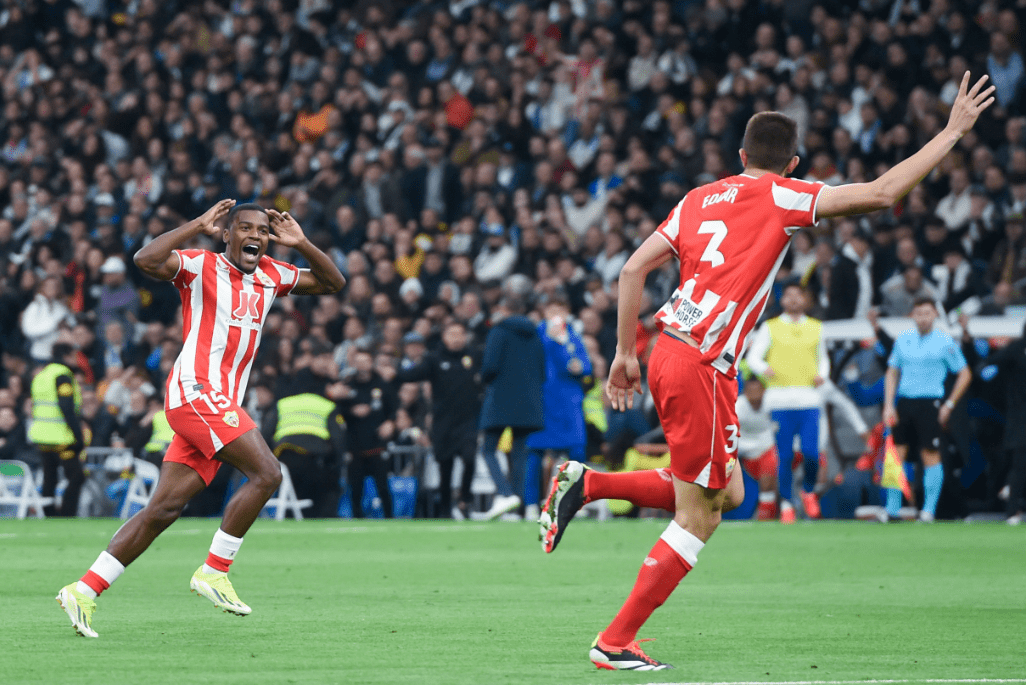
Almeria's triumph was no fluke. After multiple relegations and periods of instability, the team underwent a complete rebuild over the past two seasons. They scouted numerous promising players from the South American market and revitalized their confidence through youth training reforms and consistent tactical execution. Now, they proudly lead the second division and have advanced to the King's Cup Round of 16. Luis Suarez's performance, in particular, proves that "big guns" can be found even in smaller teams.

Some argue that Almeria's resurgence is a meticulously planned comeback. Their precise recruitment strategy and efficient tactical implementation offer a significant template for medium and small-sized teams. It's proven that with the right direction, smaller teams can shine on grand stages.
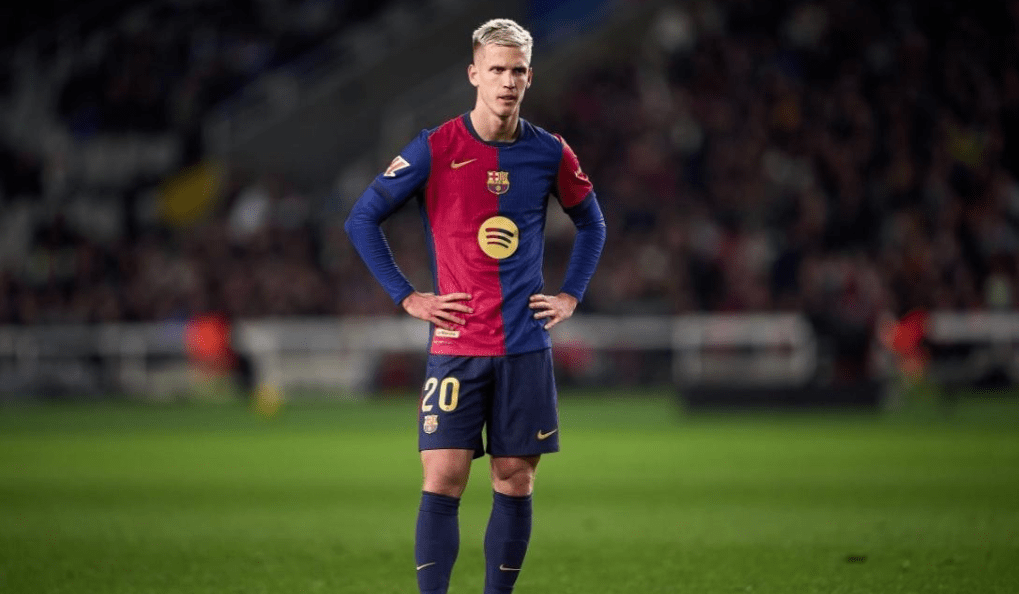
In contrast to Almeria's success, Sevilla's current state is dismal. Once known as the "King of the Europa League," the team now finds itself mired in difficulties. From winning the Europa League six times in the past 20 years to missing out on European competition for two consecutive seasons, Sevilla's decline has been astonishing. Even more ironic, after the first half of this La Liga season, they sit only in 14th place, facing increasing relegation pressure.
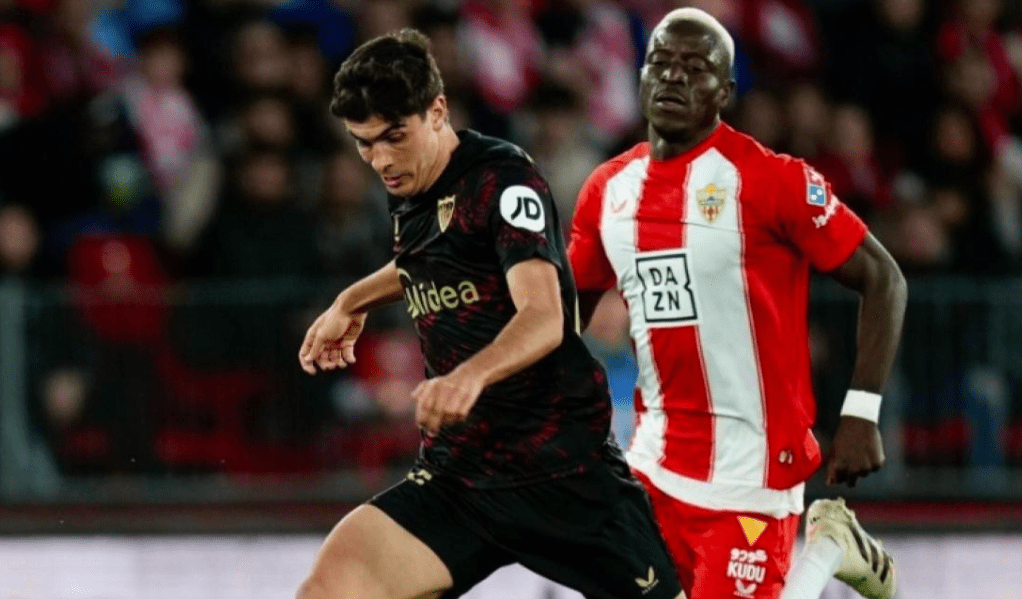
Sevilla's decline did not happen overnight. Signs of slippage emerged as early as the 23/24 season when they finished 11th in La Liga, missing out on all European competitions. This downward trend continued into this season. Sevilla has struggled to regain form in both league and cup matches, culminating in a humiliating defeat in the King's Cup at the hands of a lower-league opponent. This crushing loss exposed fundamental issues within the team: poor management decisions, chaotic recruitment strategies, rigid coaching tactics, and player fatigue.
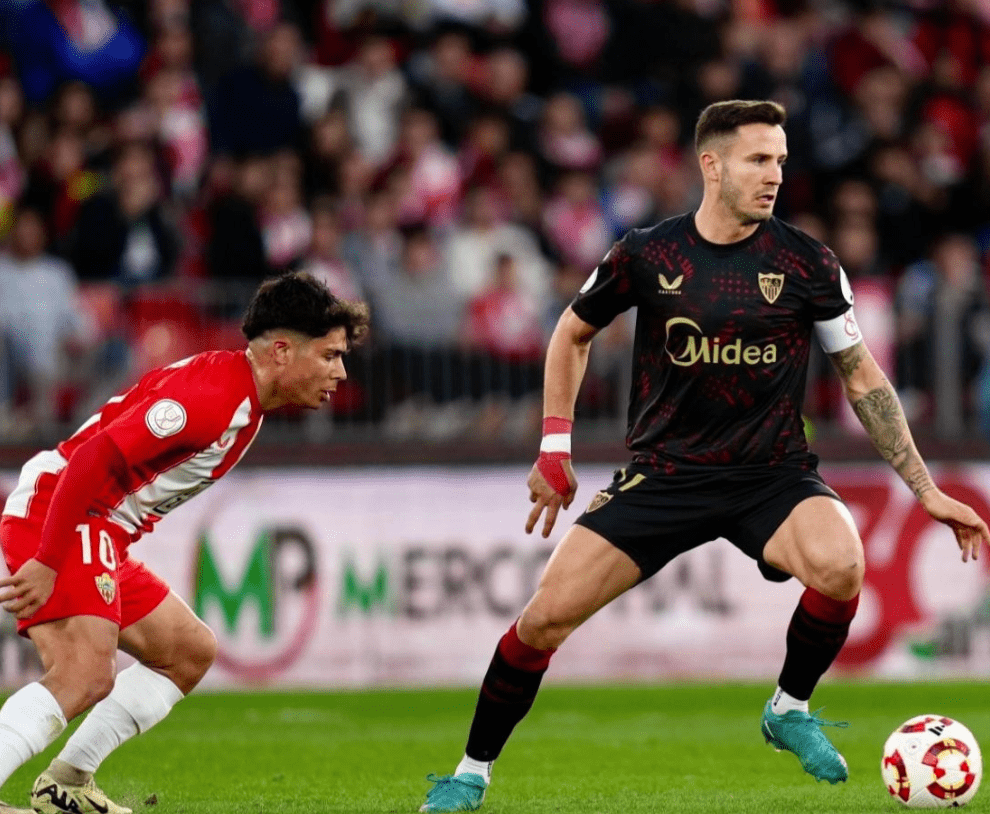
The recruitment problems within the management are particularly glaring. This summer, Sevilla brought in several high-profile players, such as veteran Ramos and Polish forward Piatek. However, these players failed to meet expectations. Defensive issues were especially evident during the match against Almeria, where four conceded goals highlighted collective defensive lapses, lack of goalkeeper focus, and overall team disorganization.

What's more perplexing is Sevilla's lack of long-term planning in their recruitment strategy. They tend to choose older players who might provide short-term experience at the cost of the team's vitality and future potential. In modern football, such a "quick-fix" approach only leads to a vicious cycle.
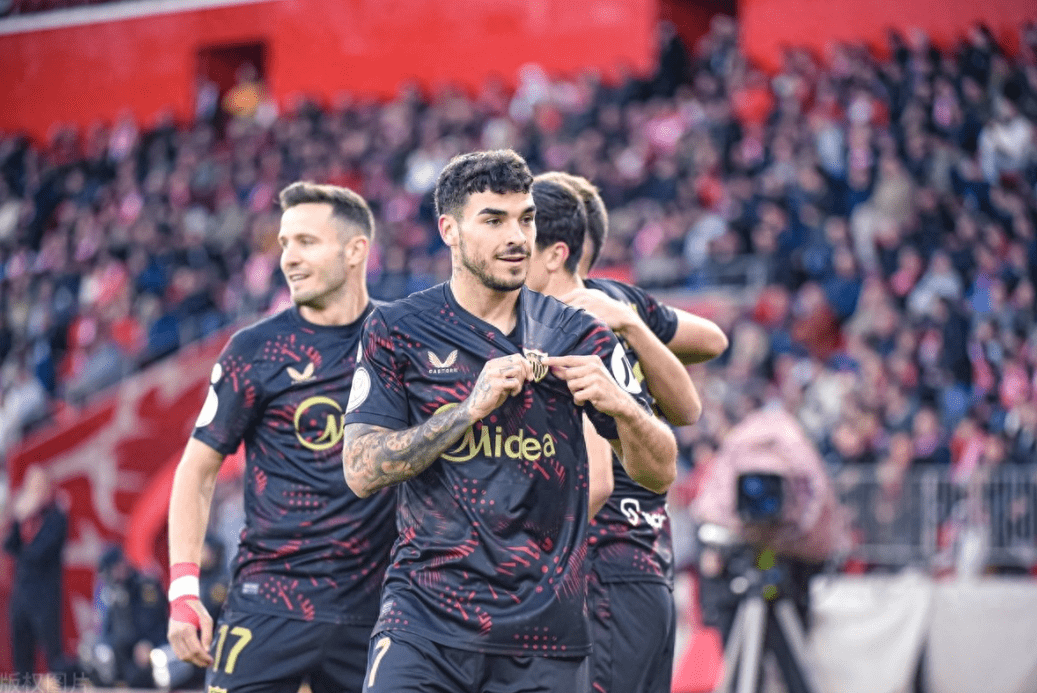
Indeed, upsets are not uncommon in the King's Cup. Similar instances of giants being eliminated are not new. Looking back at the 2020/21 season, Atletico Madrid was ousted by lower-tier side Cornelia; in 2019, Barcelona suffered a reversal defeat in the final against Valencia. The allure of the King's Cup lies in its unpredictability, where even the biggest clubs cannot guarantee safe passage.
While upsets may seem random, they often stem from deeper-seated issues. Taking Sevilla as an example, their defeat was not just a one-off mistake but the result of accumulated internal problems. Factors like lack of player morale, indecisive tactics, and underestimating opponents all contribute to these upsets.
For Sevilla, the collapse in the 24/25 season had early warning signs. In mid-December 2024, they lost 1:3 at home to Real Betis in a local derby. That defeat not only further dropped them in the standings but also shattered the psychological defenses of the players.
Since then, Sevilla's form has plummeted. There has been no improvement in either league or cup performances. The head coach admitted in a post-match interview following the King's Cup game that the players have been under immense psychological pressure, leading to frequent mistakes. For a giant club, mental breakdowns can be more fatal than technical issues.
Broadening our view to the entire European football scene, Sevilla's decline is not unique. In recent years, other giant clubs like Chelsea and Juventus have experienced similar declines. Whether it's imbalanced investment or internal management chaos, these issues reflect the various challenges faced by giant clubs in modern football competition.
Past glories may temporarily mask problems, but they do not solve crises. Money is not a panacea, and frequent changes in coaching staff do not fundamentally enhance competitiveness. Sevilla's example reminds us again that the halo of giants is not eternal; only continuous reform and deep cultivation can avoid being eliminated by history.
Sevilla's defeat serves as a loud wake-up call, a warning to themselves and a reminder to all giant clubs.